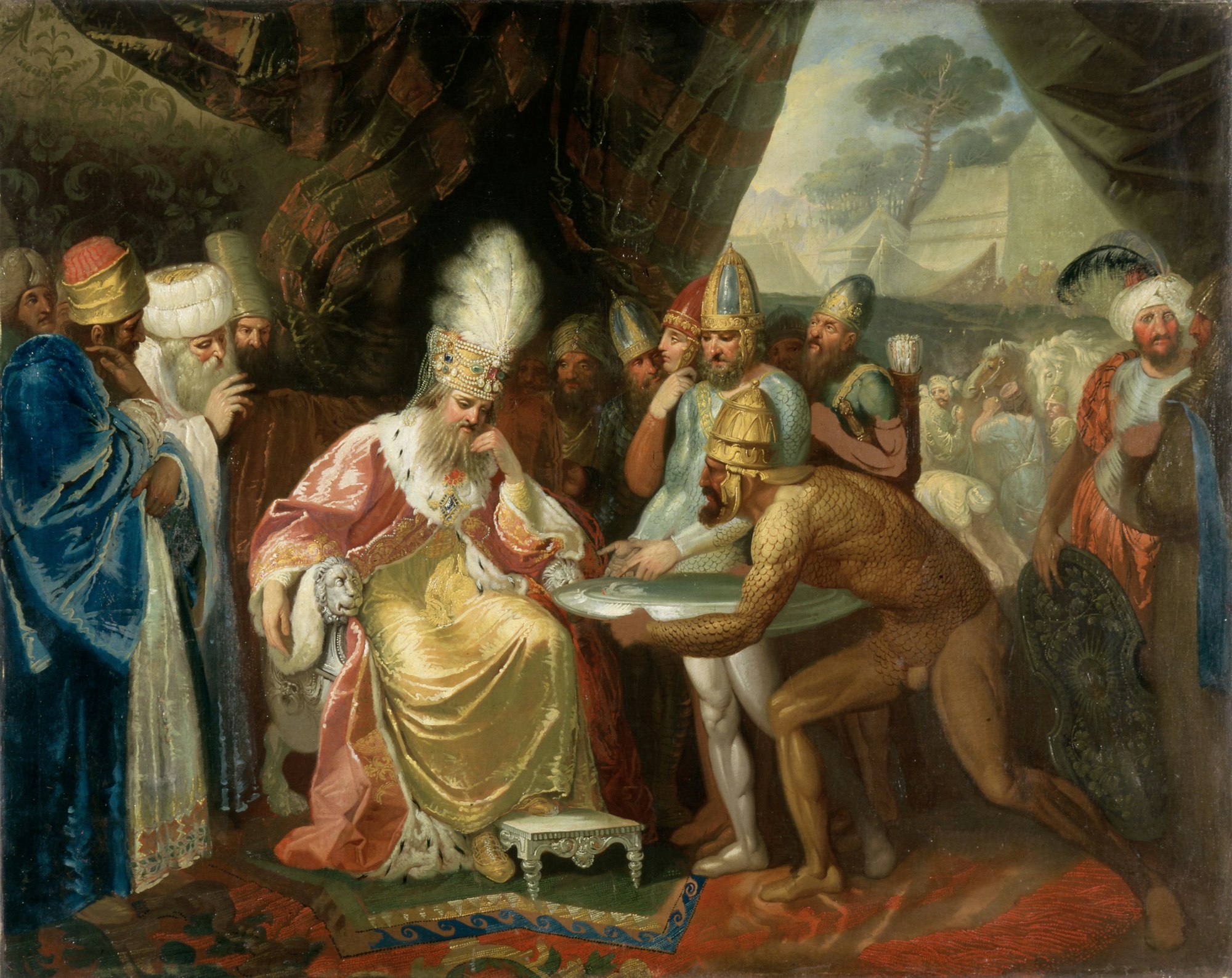Gather around for a quick history lesson.
The first Samurai were thugs.
The first Ninja were priests.
Sparta was once known for pretty flowers and bees.
But that's not what we remember.
Here's what these legends can teach you about life and success 👇🏾
For the full history lesson, as well as learning how Netflix tried to change their name and it backfired so spectacularly they almost went out of business, click the link:

The samurai didn't start out as honourable knights. They were mercenaries.
Local lords known as Daimyo would hire skilled fighters as bodyguards on diplomatic missions, and as rough hands to shake down neighbours who owed them money.
There was no special system of honour, these men were loyal to whoever paid them.
In fact, backstabbing and betrayal among these bodyguards was so rife that stories would spread of those who went against the grain by showing loyalty to a single lord.
Much of what we recognise and respect about samurai culture comes from the story told in retrospect.
The idealised virtues from a time of unparalleled peace were transposed into the stories of legendary samurai who lived in times of brutal war.
The heritage of ninja can be traced back to the yama bushi, meaning mountain warriors.
Unfortunately, this was a misnomer—originally they weren't warriors at all, only monks. They cut themselves off from the rest of society, surviving alone in the mountains to worship nature.
To protect themselves from local Daimyo and the samurai who served them, the peasants in the mountains learned to defend themselves, relying less on brute force than on espionage and subterfuge.
The Yama Bushi monks taught them survivalist techniques in exchange for protection.
In escaping the autocracy of local lords the ninjas established models of democratic leadership centuries before the Japanese government.
In the Archaic period (c.800-500 BC) Spartan power increased largely by virtue of their sheer number.
They didn't spend much time learning to fight, but every man was required to, and Sparta had about 8000 men.
They were actually comparatively weak as there was no standing army.
Sparta was hardly noted in any military regard.
War songs of Tyrtaios reported conflict with Messenians, but say nothing of their military institution. That came later!
Meanwhile, the choral songs of Alkman spoke of pretty girls, flowers and bees. Hardly the stuff of legend.
That all changed after the Battle of Thermopylae (480 BC).
Popular tales of this battle focus on the 300 men of Sparta. This is largely the result of SENSATIONAL propaganda because everyone seems to have forgotten the rest of the Greeks present. 7000 of them.
7000 hoplites were sent to hold the mountain pass.
Xerxes and the Persians arrived sooner than expected and were winning faster than expected.
Most of the Greeks elected to flee.
Except of course, for the 300 brave men of Sparta... and 400 Thebans... and 700 Thespians.
The Spartans only made up a fifth of the men who stood to fight, but it was their king who first gave the order to stand, so they get the credit for the decision.
FYI, they got absolutely destroyed.
But the courage of the men that stood gave Spartans a moral victory, and they were immortalised as legends. They lost, but they didn’t run scared.
After the Archaic period, gone were the songs of birds and bees, the leisure-class and luxury that Sparta was previously known for.
Suddenly other sources through the Classical and Hellenistic periods are waxing lyrical about Sparta's political stability and military skill.
So what does all this have to do with you? What does this teach us about business and success?
It's simple.
Our stories, like our legends, are seldom clean-cut. Often we're defined by tiny slices of history that are pulled together in retrospect to form a coherent narrative.
When we look back we tell stories with linear progression.
How did you get to where you are today? ‘I did x and then y and then z’.
What we neglect to mention is that in the moment, none of it was scripted or intentional.
Here's the key 🔑
Survive.
Live to tell the tale. Last long enough to build a compelling narrative. That's where legends come from.
That's why you think Samurai are honourable, and Ninjas are sneaky, and Spartans are brave.
Every day I see people tweet "$1000 invested in [Tesla/Amazon/Bitcoin] in 2009 would have been x amount today".
Easy to say when you're looking in the rearview mirror, but how many of us know the future? How many believers have the resolve to stay the course?
Success is built when you capitalise on opportunity.
Legend is built when you survive long enough to tell the story.









